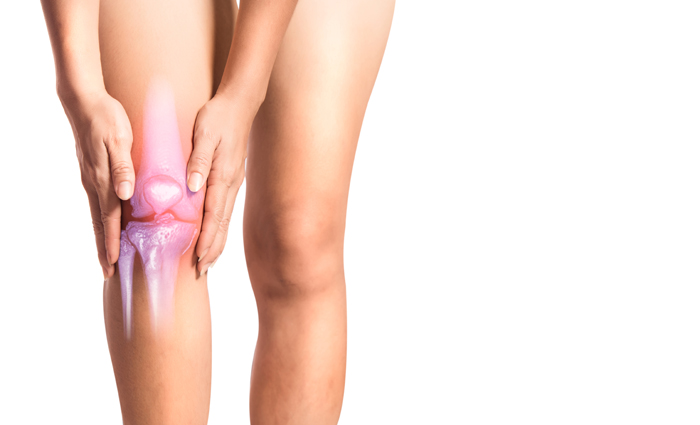Best ACL reconstruction Treatment & Diagnostics in Sadashiv Peth, Pune
ACL stands for the anterior cruciate ligament. It is located in the knee joint and is very prone to injury. An ACL injury is common among people who engage in high-risk sports like football, skiing, soccer, basketball, and volleyball. ACL attaches the femur to the tibia and is made up of a band of tissues. ACL reconstruction is a process in which the ACL is replaced with a band of tissues that connect muscles to bones.
What is ACL reconstruction?
ACL is one of the two ligaments that connect your thighbone to your shinbone. ACL along with other ligaments helps to stabilize your knee joint. Activities that put stress on your knees, usually sports activities cause injuries in the ACL. Most of these injuries occur in combination with other damage to the articular cartilage, meniscus, or other ligaments. You need to undergo physical therapy before the surgical procedure for several weeks. This is done to reduce the pain and swelling and strengthen your muscles. Physical therapy aims at restoring the full range of motion of your knees. This is done to regain a full range of motion of your knees after surgery since this is not possible with stiff knees. Anesthesia is given during the ACL reconstruction. It is an outpatient surgery and you can go home the same day.

What are the causes of an ACL injury?
Most ACL injuries occur during sports activities in Pune and are common among sportspersons and athletes. The following activities can put stress on your knees and cause injury:
- Receiving a direct blow on your knee
- Landing from a jump incorrectly or in a position where your knee gets severely injured
- Pivoting with your foot firmly implanted
- Suddenly stopping abruptly
- Suddenly stopping and changing directions
When is ACL reconstruction in Pune recommended?
Patients in Pune experience pain and swelling in their knees immediately after an ACL injury. Due to differences in physical conditioning, neuromuscular strength, and physical strength, females are more prone to ACL injuries. ACL reconstruction is recommended in the following cases:
- If more than one ligament is injured
- If you are an athlete and you wish to continue with your sport and you have injured ACL
- You have a torn meniscus that requires repair
- If your ACL injury is hindering your daily activities
Request an appointment at Apollo Spectra Hospitals, Pune
Call 1860-500-2244 to book an appointment
What is done during the procedure?
You will be given general anesthesia for the ACL reconstruction. Your doctor makes small incisions. One incision holds a thin tube with a camera to guide the doctor and others to allow the surgical instruments to reach the joint space. Your doctor will remove the damaged ligament and replace it with healthy tissues called grafts. The graft is derived from other parts of your knee or from a donor. Your doctor will make tunnels in your thighbone and shinbone to properly place the new tendon. This tendon or graft is secured to your bones using screws or other devices. New and healthy ligament tissues will grow on this graft. You can go home the same day. You will need crutches for walking for few weeks. Your doctor may ask you to wear a knee brace or splint to protect the graft.
Conclusion:
An ACL injury is common among people who engage in high-risk sports that put pressure on their knees. Your doctor will recommend ACL reconstruction based on your priorities and conditions. In this process, the injured ligaments are replaced with a new band of tissues called graft on which new ligament tissues will grow.
Inform your doctor about the medicines and supplements that you are taking currently. Your doctor might suggest you stop certain medications. Medications like blood-thinning drugs are required to be discontinued a few weeks before the surgery to prevent excessive bleeding. Ask your doctor about the food to eat before the surgery.
Your doctor will give you tips on how to control swelling and pain after the surgery. Some medications will be prescribed to help relieve your pain like naproxen sodium, ibuprofen, or, acetaminophen. Your doctor will instruct you on when and how to change the dressing of your wounds. You will need to rub ice on your knees. Your doctor will suggest to you if you need crutches and for how long you need them.
Physical therapy followed by some medications will speed up your recovery. You might find it difficult to regain the range of motion of your knees for the first few weeks. Usually, people recover in nine months. Athletes can resume their sports after nine to twelve months.
Symptoms
Our Top Specialities
NOTICE BOARD
CONTACT US
CONTACT US
 Book Appointment
Book Appointment


.svg)
.svg)
.svg)
.svg)








